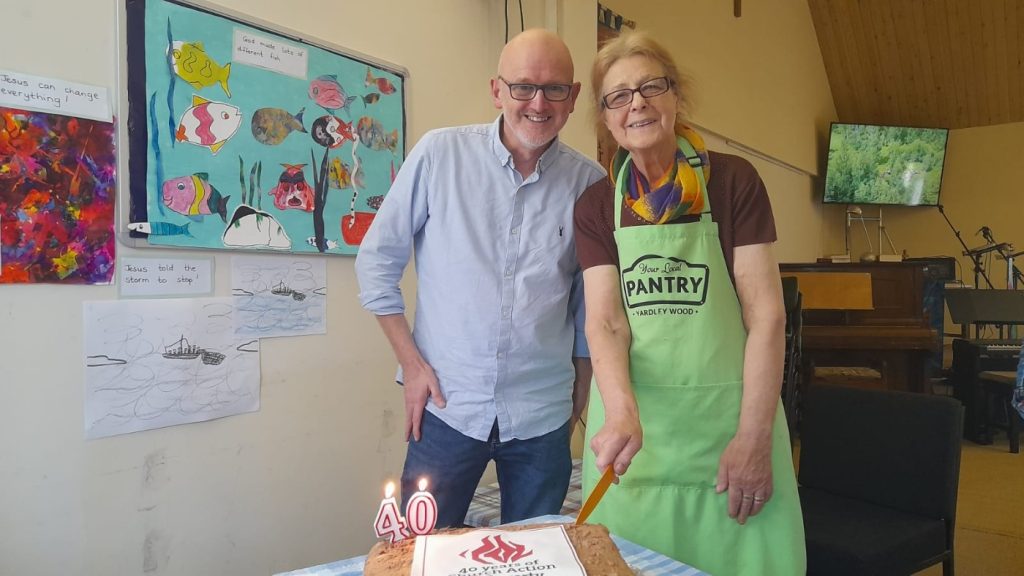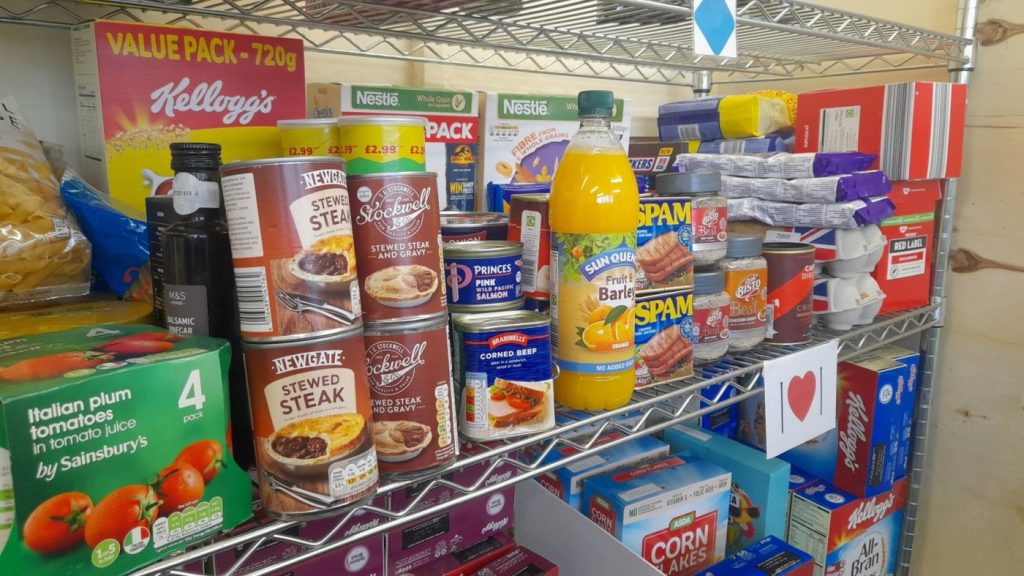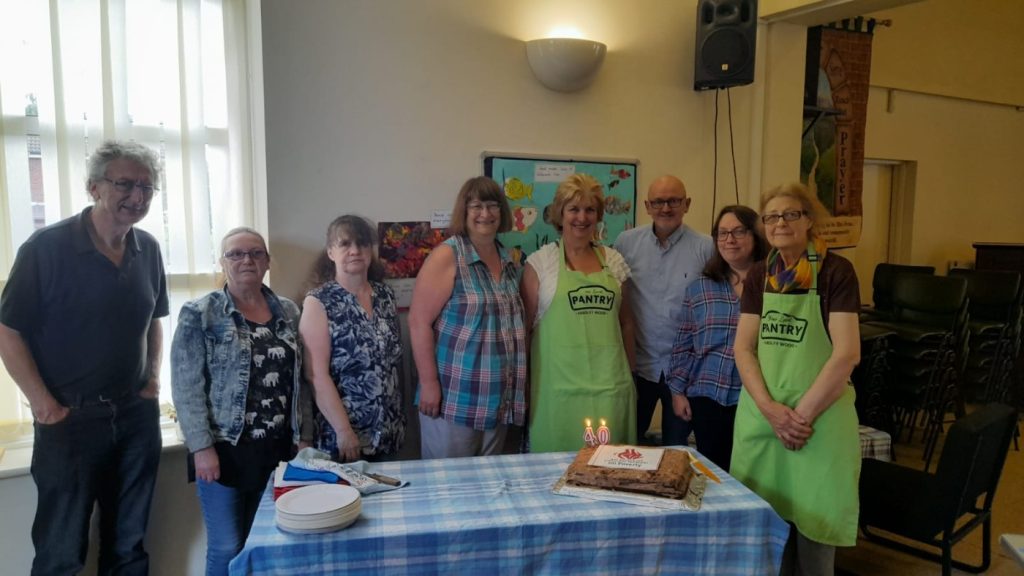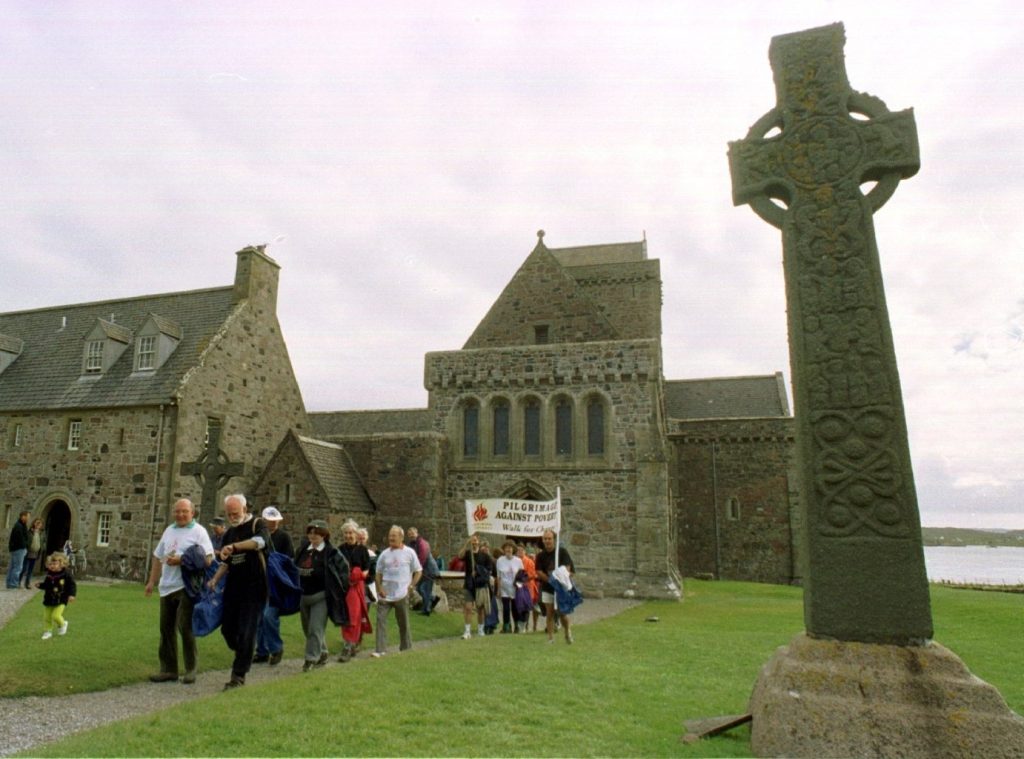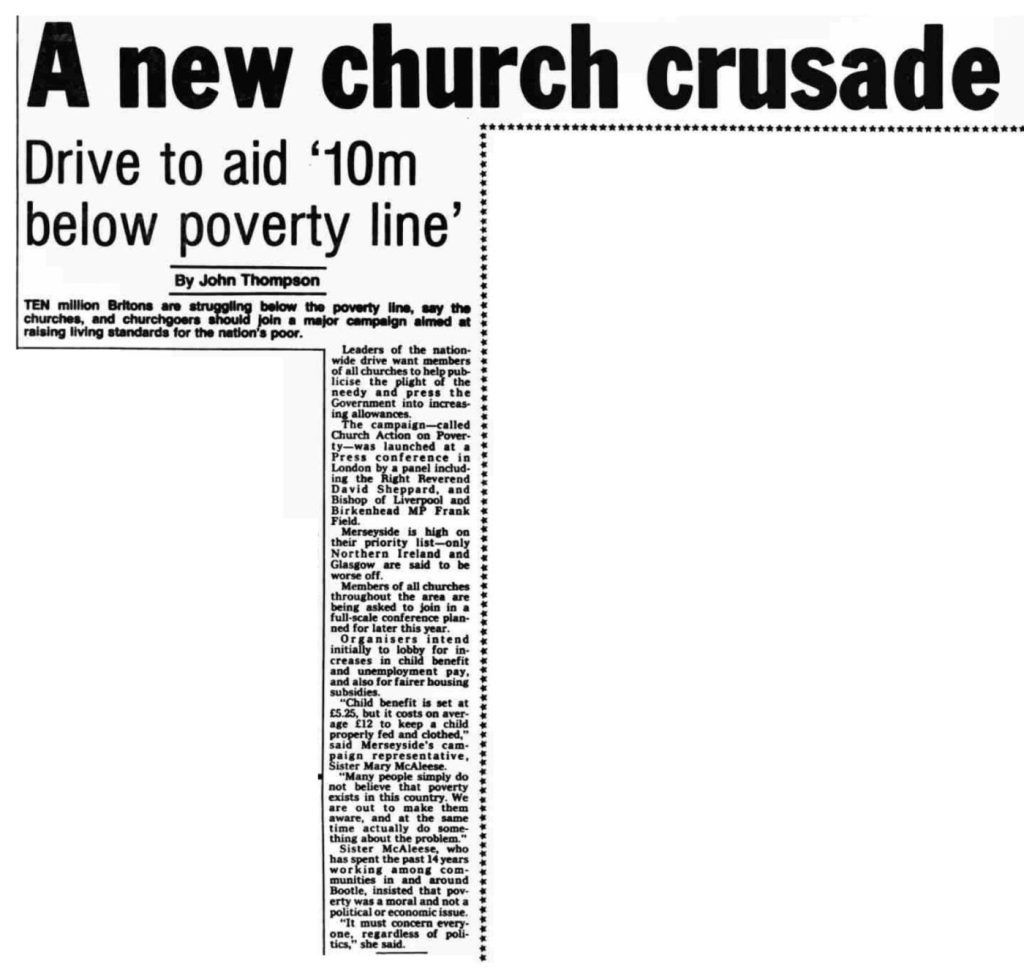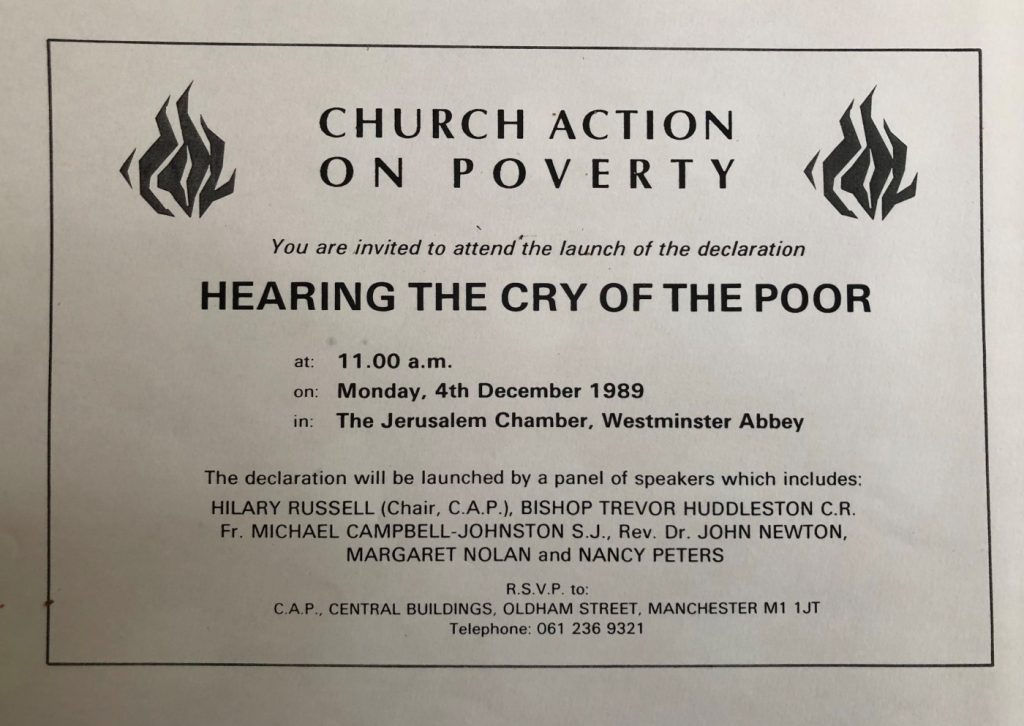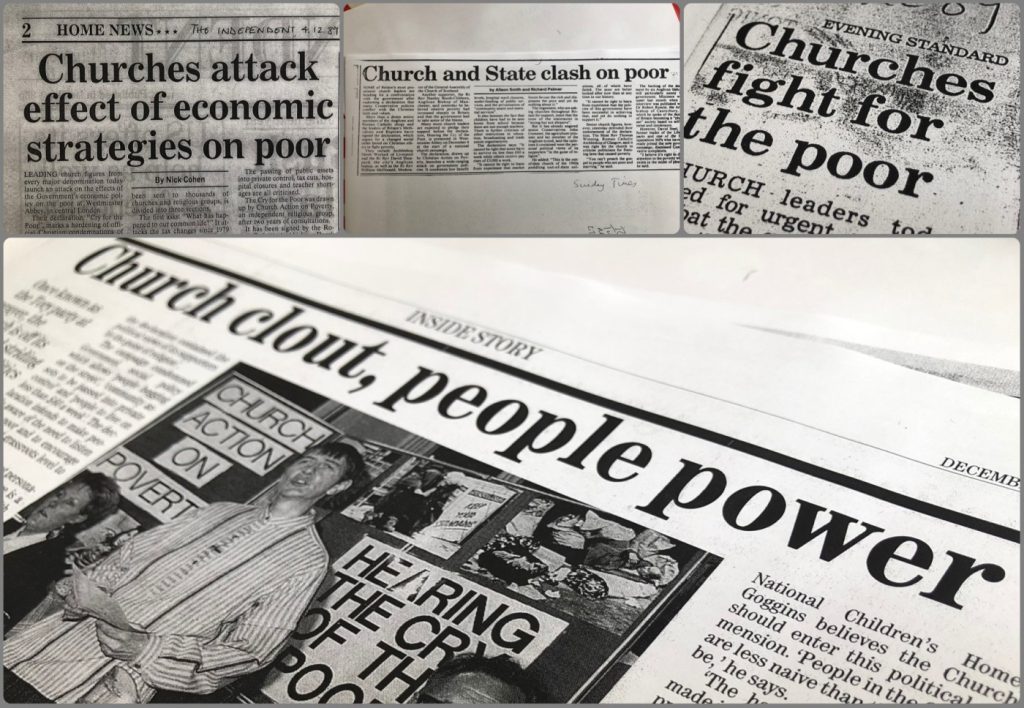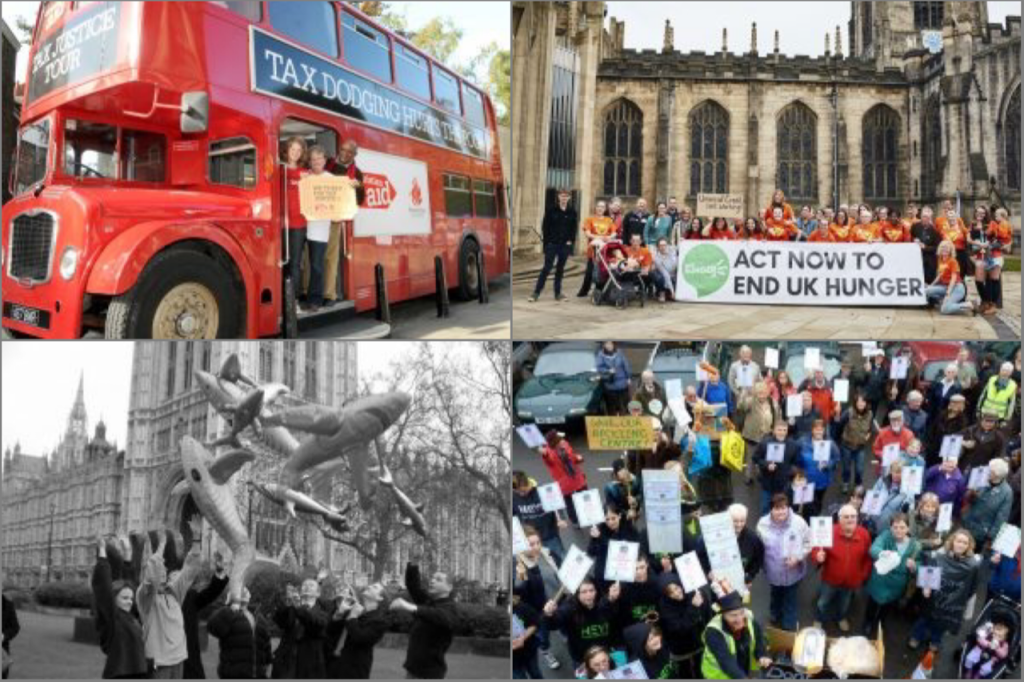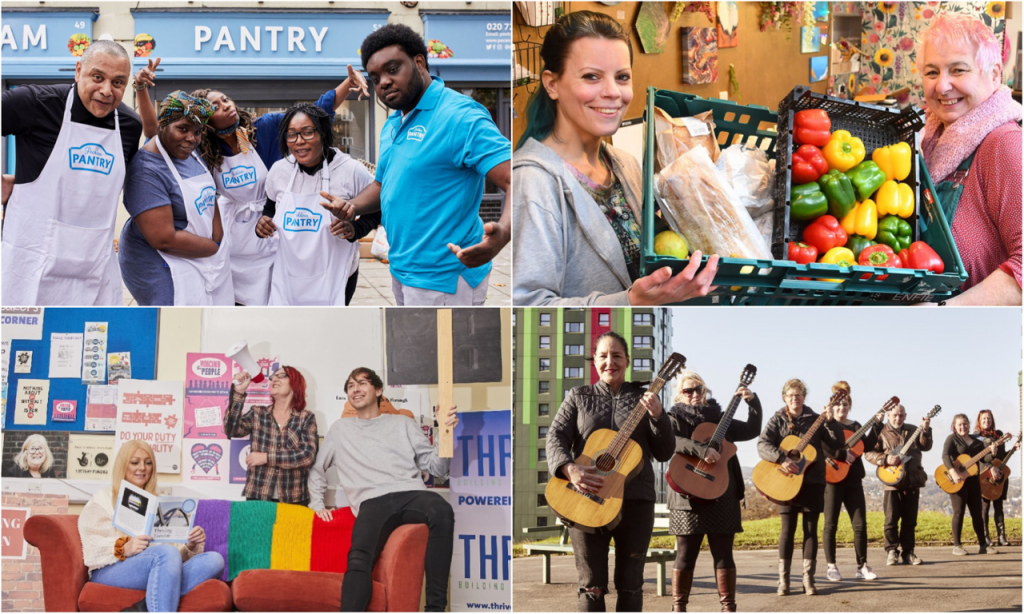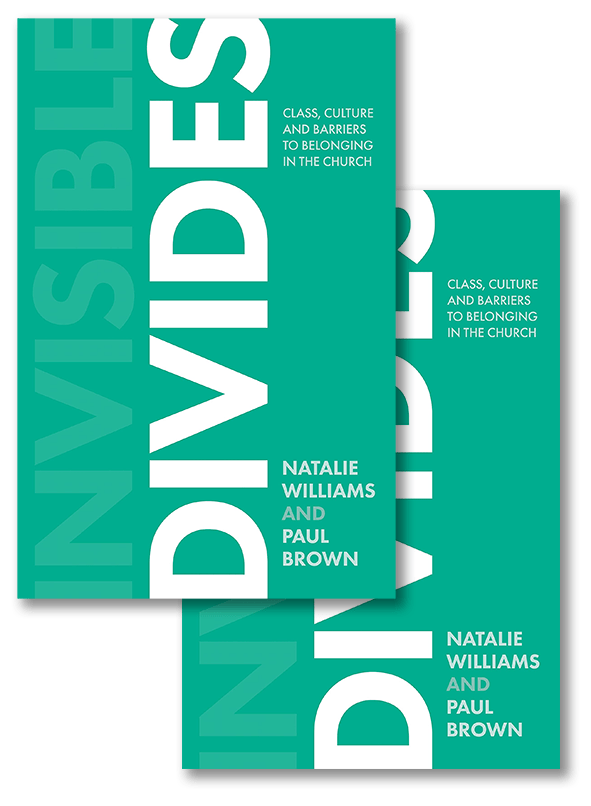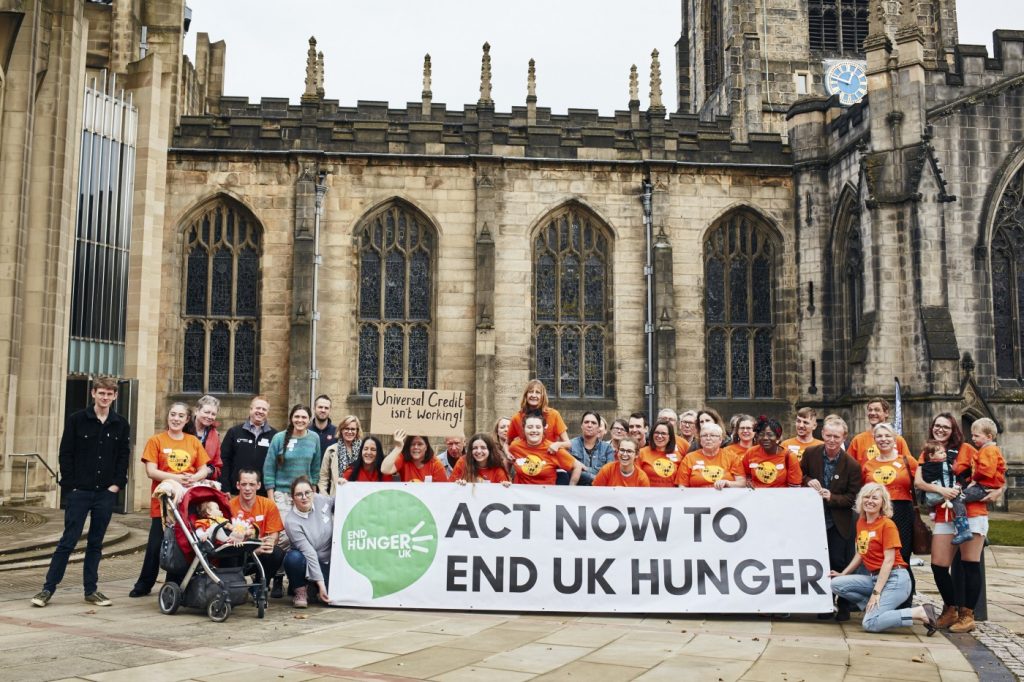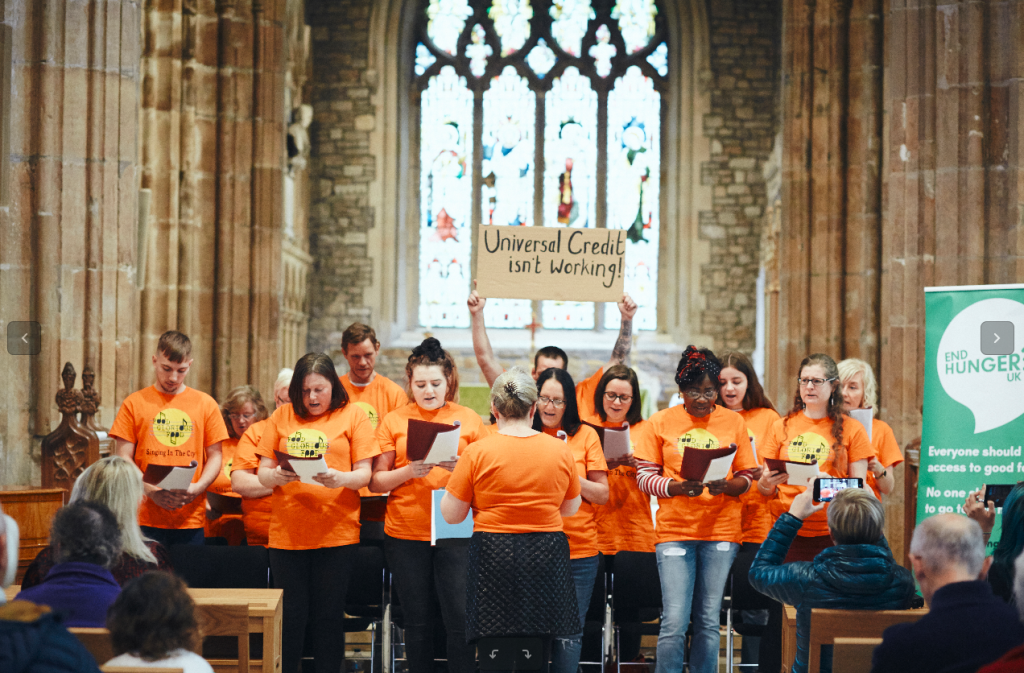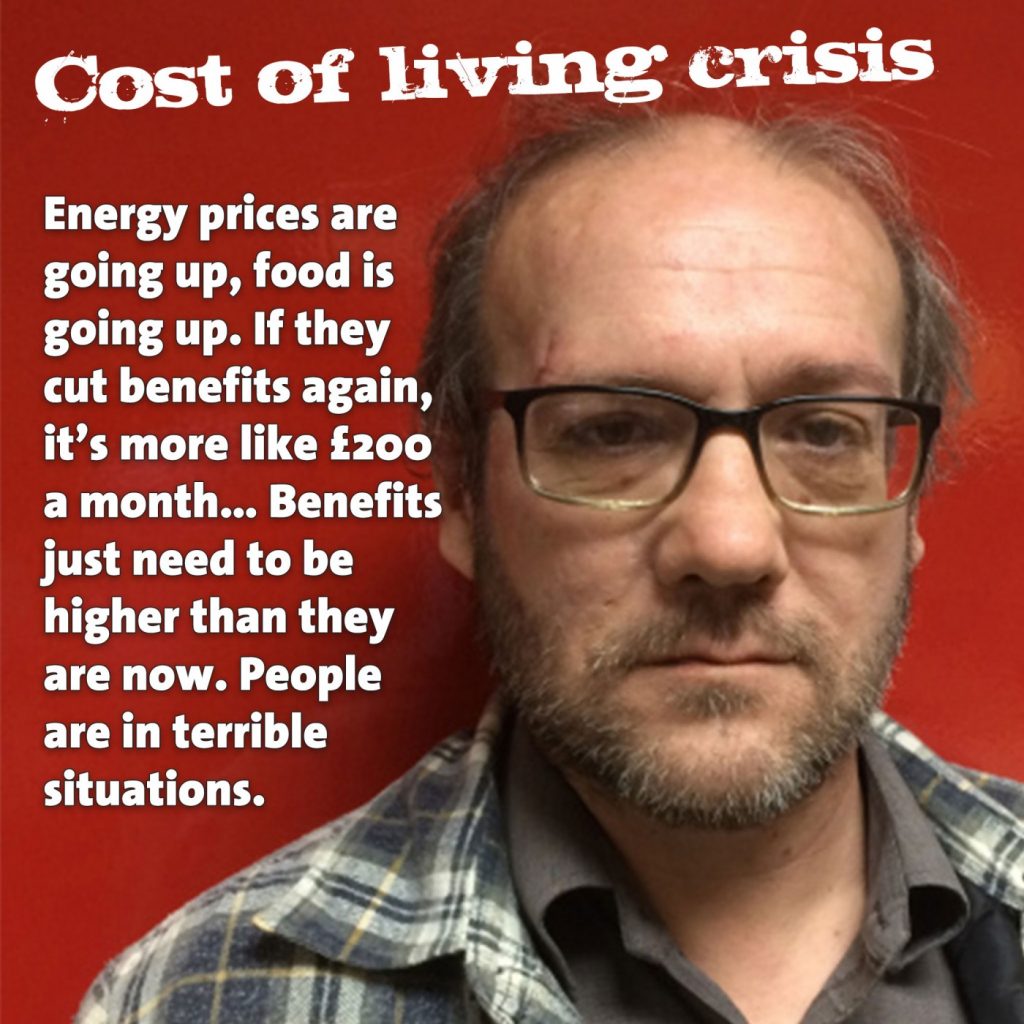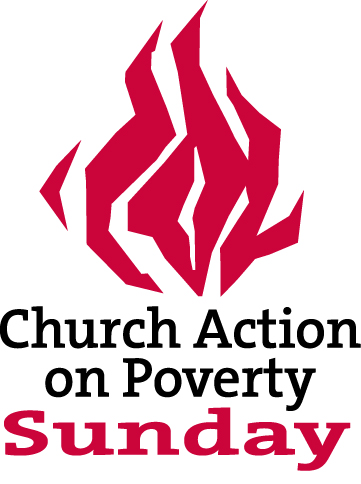Monica: Why I keep standing up and speaking up
Each year, the Dignity, Agency, Power calendar tells stories of people who bring those values to life. This page features Monica Gregory.
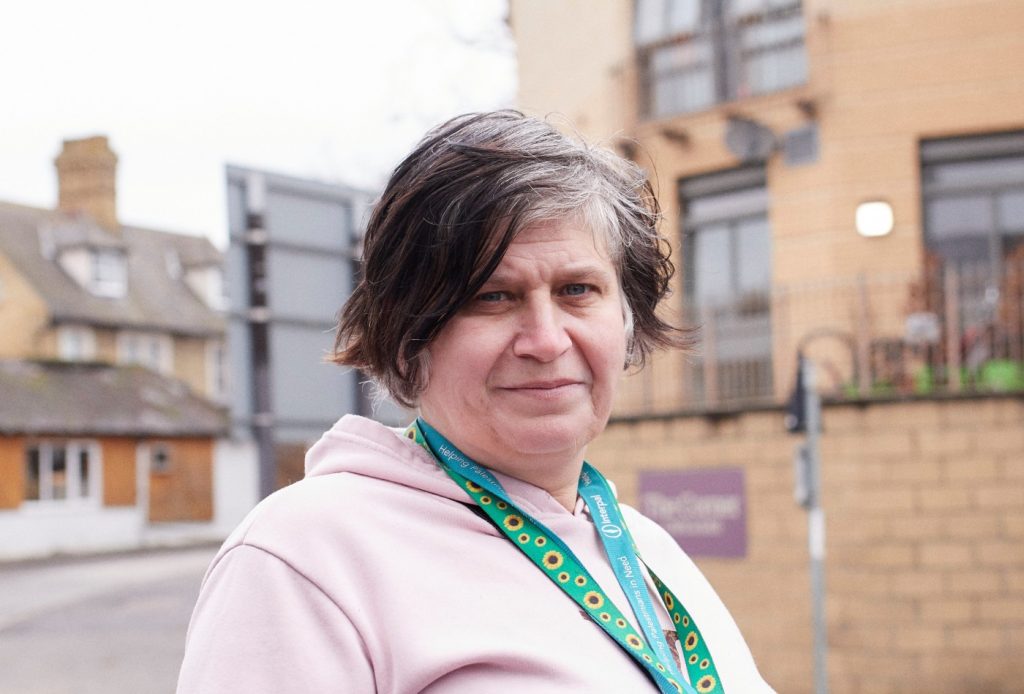
Monica works with homeless people in Oxford in a range of roles, and has been involved in speaking up about social injustices for the past few years.
She was part of the national Food Power programme, took part in a Food Experiences panel in 2020 and 2021 to understand food insecurity in the context of covid, and is now part of the Speaking Truth To Power programme, supported by Church Action on Poverty.
Monica also now runs a safe space for women in Oxford, and a lived experience forum for people who have been homeless.
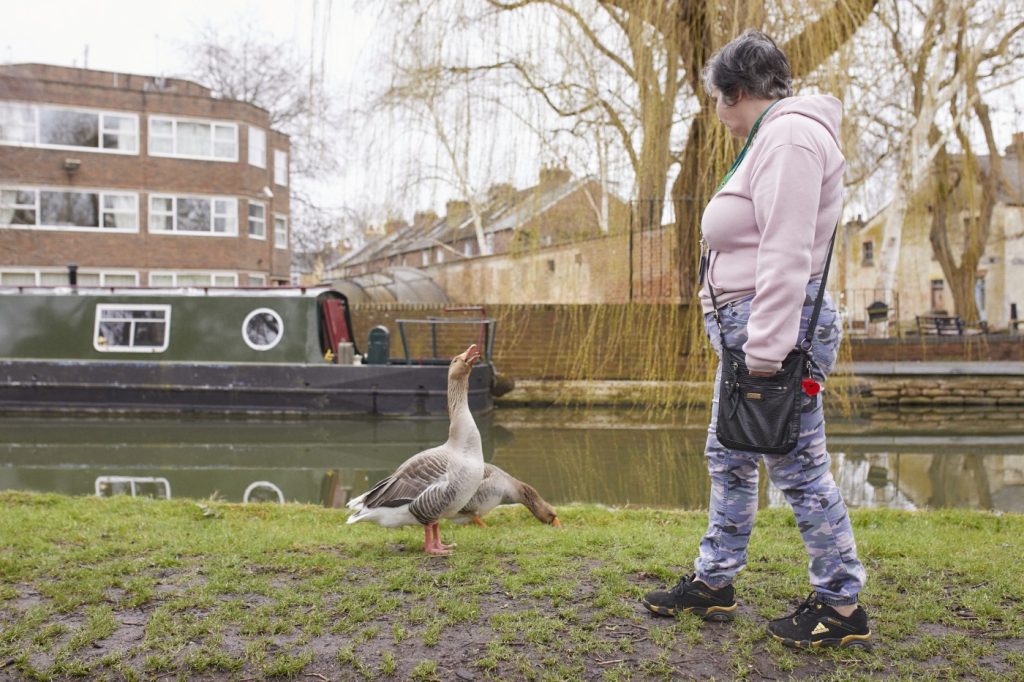
Monica: We're not here to tick boxes
Monica says the work in recent years has helped her to find the confidence to speak up about poverty in Oxford, which is often hidden, and about the broken systems that cause or increase poverty.
“Poverty is getting really bad now, with the cost of living going up, so my job is getting harder and harder because more and more people are becoming homeless as a lot of people cannot afford to pay the rent.
“The new lived experience forum is for people to have their say about services for people who are homeless, and for people who feel they have sometimes just been used so other people can tick boxes. Not everyone’s poverty is the same, not everyone’s trauma is the same, but people are too often put in the same box.
Things need to change - and I will speak up
“A lot of things need to change. What I would like to see change at the moment is Universal Credit. I don’t know how they can make people wait five weeks to get the first payment, when they have nothing to live on. I have six clients now waiting five weeks for Universal Credit to start, and they’re struggling to pay rent and to put food on the table, and they’ve had to start using food banks. They now feel embarrassed, so the system needs to change. People do not always realise how much poverty there is.
“I started working with Church Action on Poverty through our local food alliance, and now I know I will speak up about things. A lot of people are scared to speak up but I’m not scared to, and I fight for what is right.”

Be part of a movement that’s reclaiming dignity, agency and power

